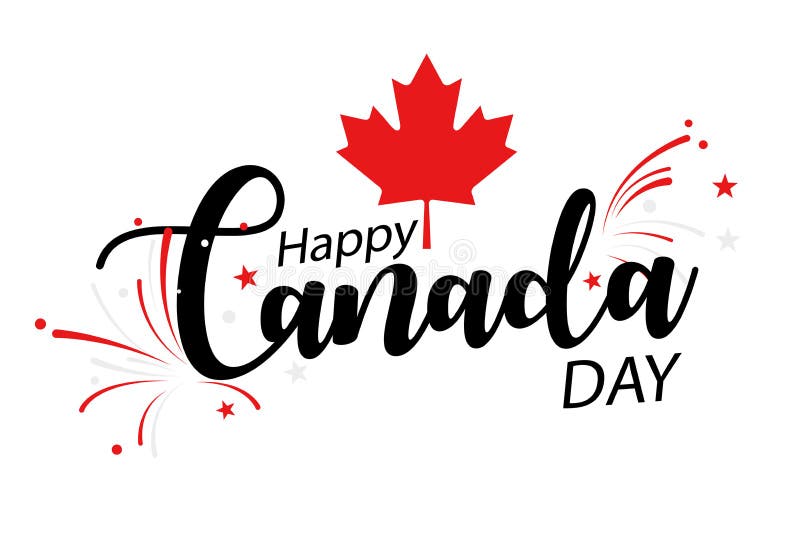Do Americans Want Canada as a State? Exploring the Possibility
Where Will The best kitchen cabinets are designed to maximize space and improve organization Be 1 Year From Now?…
25 mayo, 2025How to Win Big in the can accelerate product development and ensure precision in early-stage production Industry…
25 mayo, 2025Do Americans Want Canada as a State? Exploring the Possibility

The idea of Canada becoming part of the United States is a topic that occasionally surfaces in political discussions, often met with curiosity, skepticism, or outright dismissal. But what do Americans really think about the prospect of Canada joining the Union as the 51st state—or perhaps multiple states? Would such a merger be feasible, or even desirable, for either nation? If you liked this article therefore you would like to obtain more info regarding should the us annex canada i implore you to visit the website. As we explore this question, it becomes clear that the answer is far more complex than a simple yes or no.
Historical Context
The notion of Canada joining the United States is not new. In fact, it dates back to the American Revolution and the War of 1812, when some American leaders envisioned the entire North American continent under one flag. The Continental Congress even invited Canada to join the fledgling United States in 1776, though the offer was declined. Over the centuries, annexationist sentiments have occasionally resurfaced, particularly during times of political or economic uncertainty. However, Canada has steadfastly maintained its independence, forging its own distinct identity and governance.
Public Opinion in the United States
Polling data on whether Americans would support Canada becoming a state is sparse, but anecdotal evidence and limited surveys suggest mixed feelings. On one hand, Canada and the U.S. share deep cultural, economic, and political ties. Many Americans view Canadians as neighbors with similar values, making the idea of unification seem less far-fetched than, say, incorporating a nation with vastly different traditions.
On the other hand, the logistical challenges—not to mention the question of Canadian willingness—make the idea more of a thought experiment than a serious political proposal. Some Americans might welcome the addition of Canada’s vast natural resources, advanced economy, and highly educated population. Others, however, might balk at the complexities of integrating another country with its own legal system, healthcare model, and bilingual policies.
Canadian Perspectives
Unsurprisingly, most Canadians show little enthusiasm for becoming part of the United States. Polls consistently indicate strong national pride and a desire to maintain sovereignty. Canada’s political culture, which emphasizes multiculturalism, universal healthcare, and a more centralized government, contrasts sharply with American individualism and free-market principles. The idea of abandoning these distinctions to join the U.S. is a non-starter for the majority of Canadians.
Moreover, Canada’s relationship with the U.S. is already deeply integrated through trade agreements like the USMCA (formerly NAFTA) and robust cross-border cooperation on security and environmental issues. For many Canadians, this level of partnership is preferable to outright annexation.
Economic and Political Implications
If Canada were to become part of the United States, the economic ramifications would be enormous. Canada is the U.S.’s largest trading partner, and merging the two economies would create the world’s most powerful economic bloc. However, it would also require reconciling differences in taxation, healthcare, and labor laws. For instance, Canada’s single-payer healthcare system would likely face significant opposition from American policymakers opposed to government-run programs.
Politically, adding Canada could dramatically alter the balance of power in Congress. Depending on how Canada was divided into states, it could shift representation in the Senate and House, potentially favoring one party over another. This alone could make the idea politically untenable for many U.S. lawmakers.
Legal and Constitutional Hurdles
The U.S. Constitution provides a framework for admitting new states, but the process would be extraordinarily complicated in Canada’s case. Article IV, Section 3 of the Constitution grants Congress the power to admit new states, but it requires the consent of the affected territory’s legislature. Given Canada’s likely opposition, the scenario seems improbable without a radical shift in Canadian public opinion.
Additionally, Canada’s provinces might resist being absorbed into the U.S. federal system, particularly Quebec, which has a distinct Francophone identity and a history of separatist movements. Any attempt to incorporate Canada would likely require negotiations on a scale far beyond typical statehood proceedings.
Cultural Considerations
Beyond politics and economics, cultural differences between the two nations cannot be overlooked. While Americans and Canadians share many similarities, Canadians often define themselves in contrast to their southern neighbors. From hockey to poutine, from Tim Hortons to a more reserved national demeanor, Canadian identity is deeply rooted in its uniqueness. The idea of surrendering that identity to become Americans is, for most, unthinkable.
The Verdict
While the idea of Canada joining the United States makes for an interesting debate, the reality is that neither Americans nor Canadians are particularly eager to see it happen. The U.S. benefits from a strong, independent ally to the north, and Canada values its sovereignty and distinct way of life. Barring an unprecedented shift in public opinion on both sides of the border, Canada’s path to statehood remains firmly in the realm of speculation.
In the end, the question “Do Americans want Canada as a state?” is less about practical politics and more about the enduring fascination with what-ifs. For now, the two nations will continue their close but separate relationship—partners, but not one and the same.
